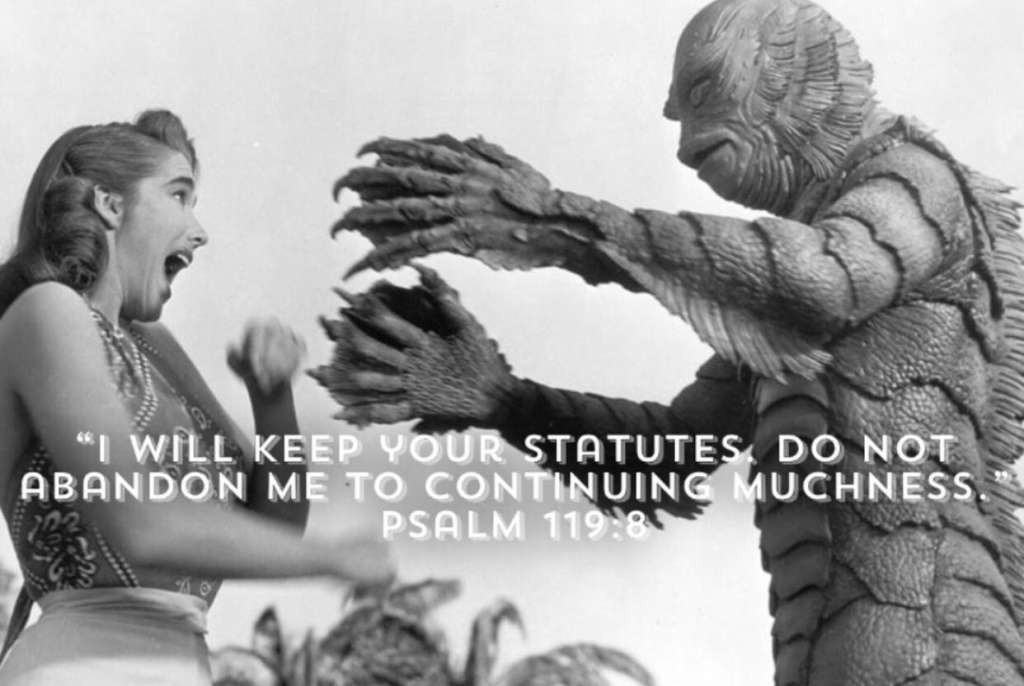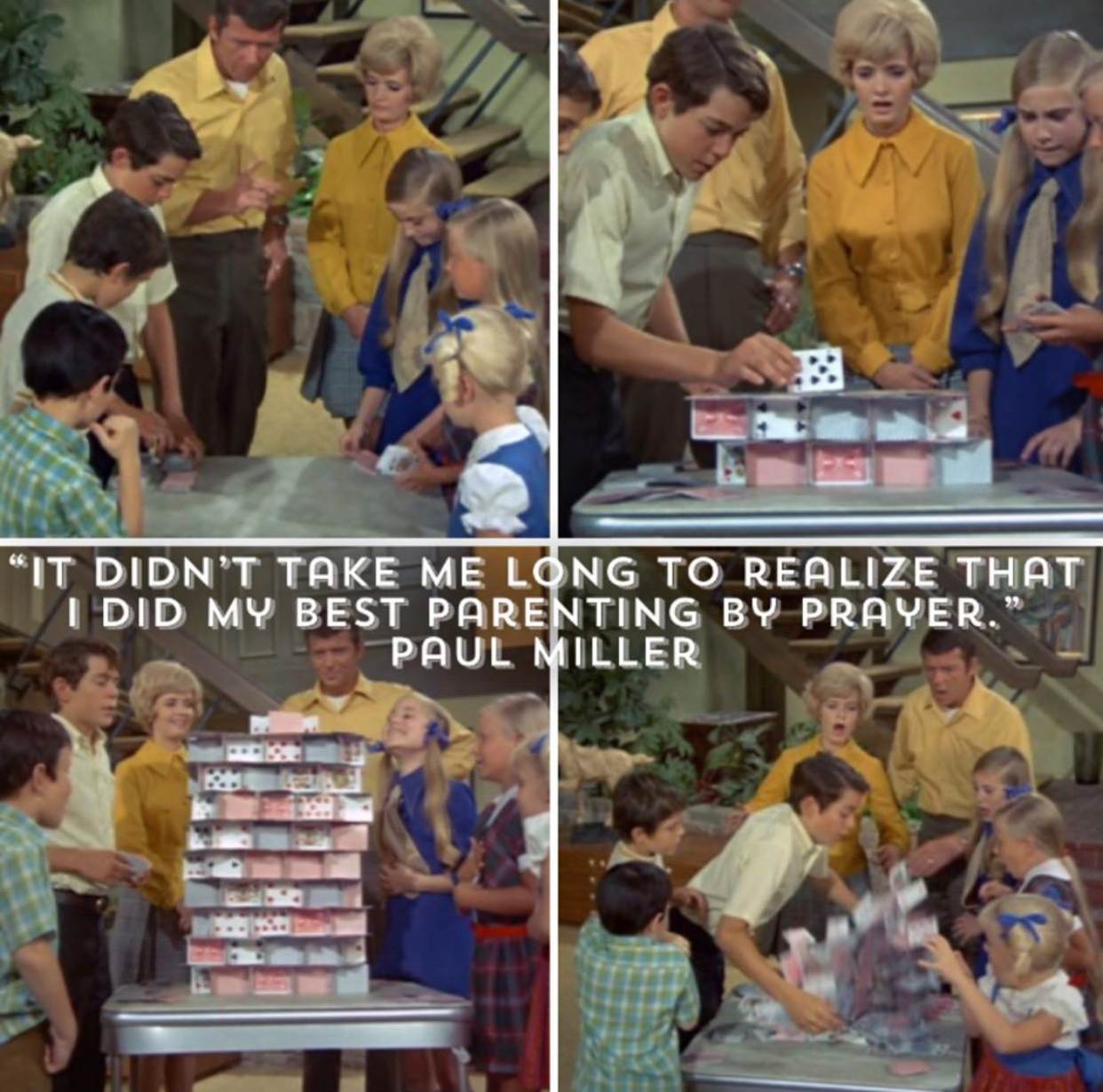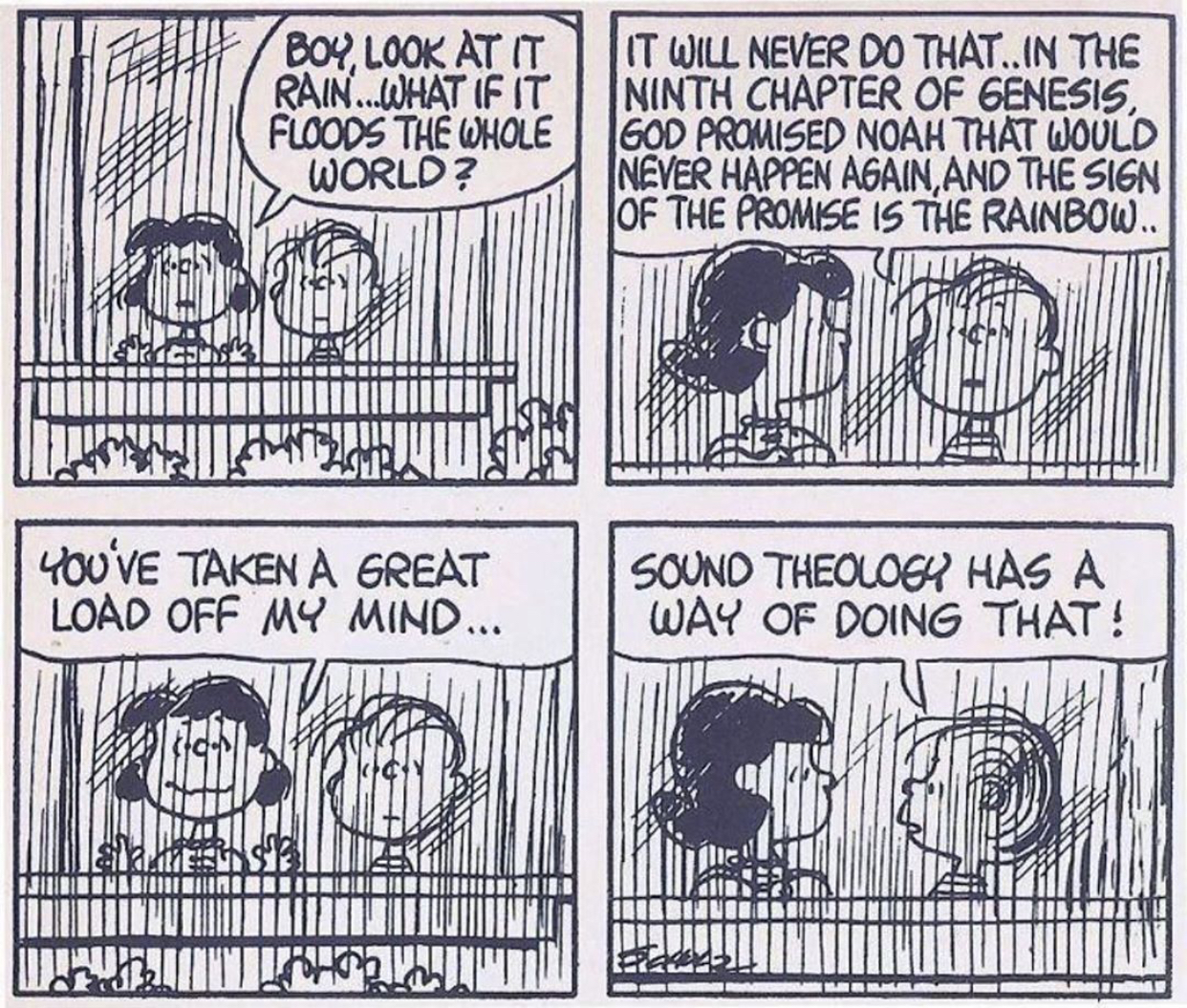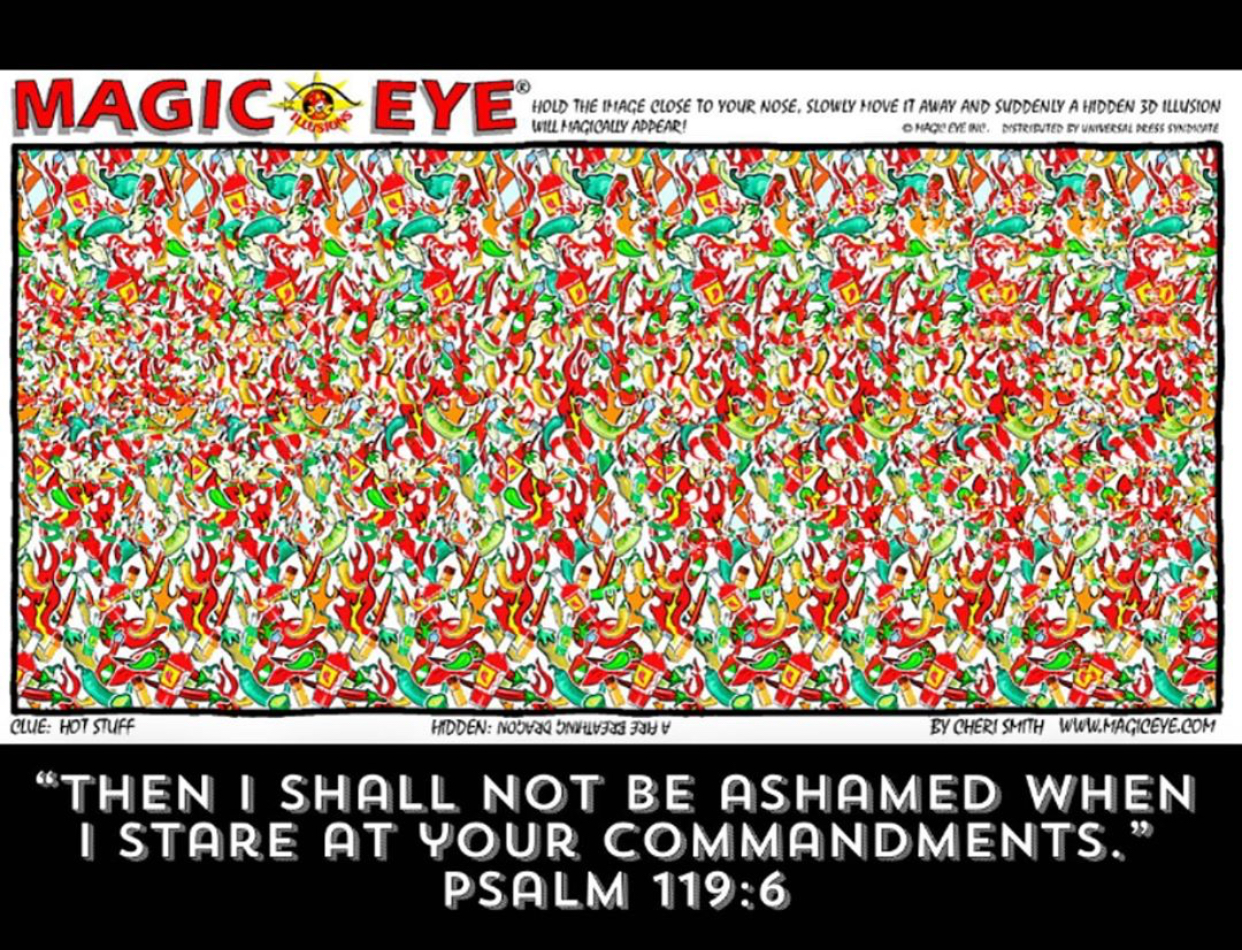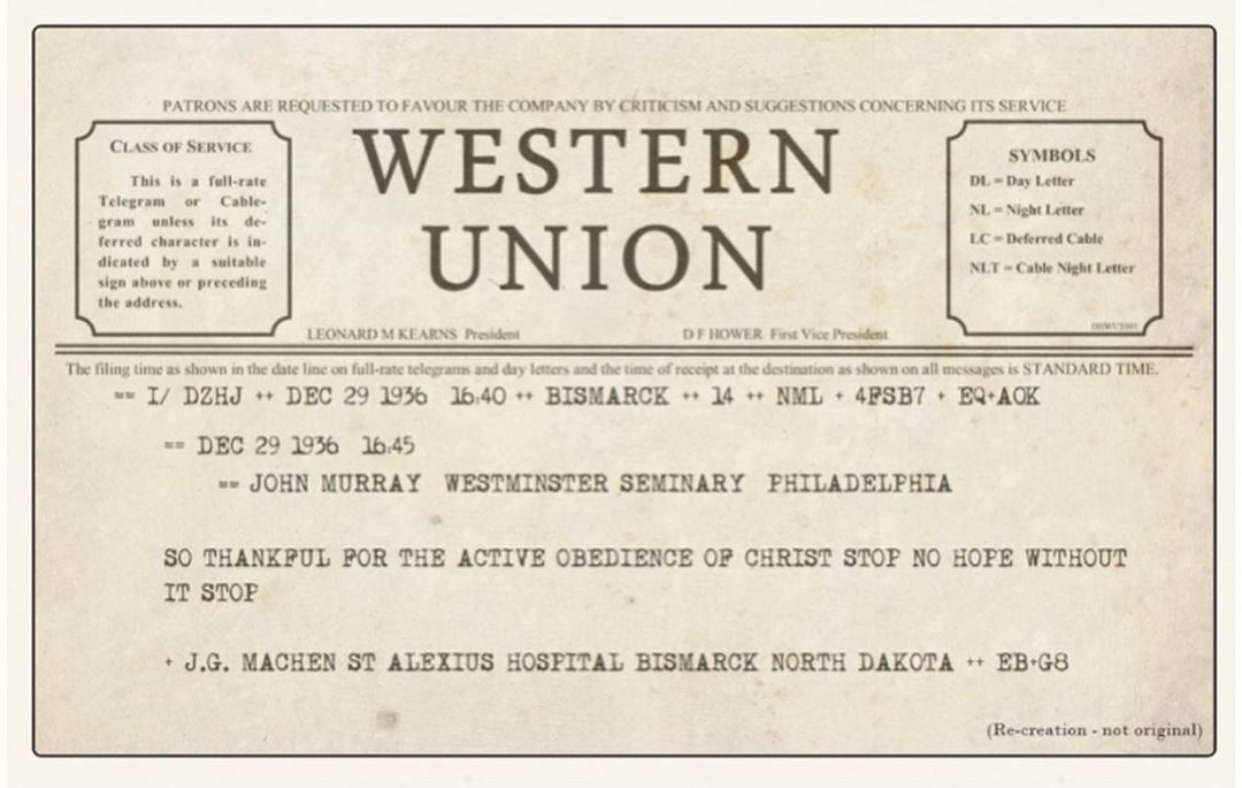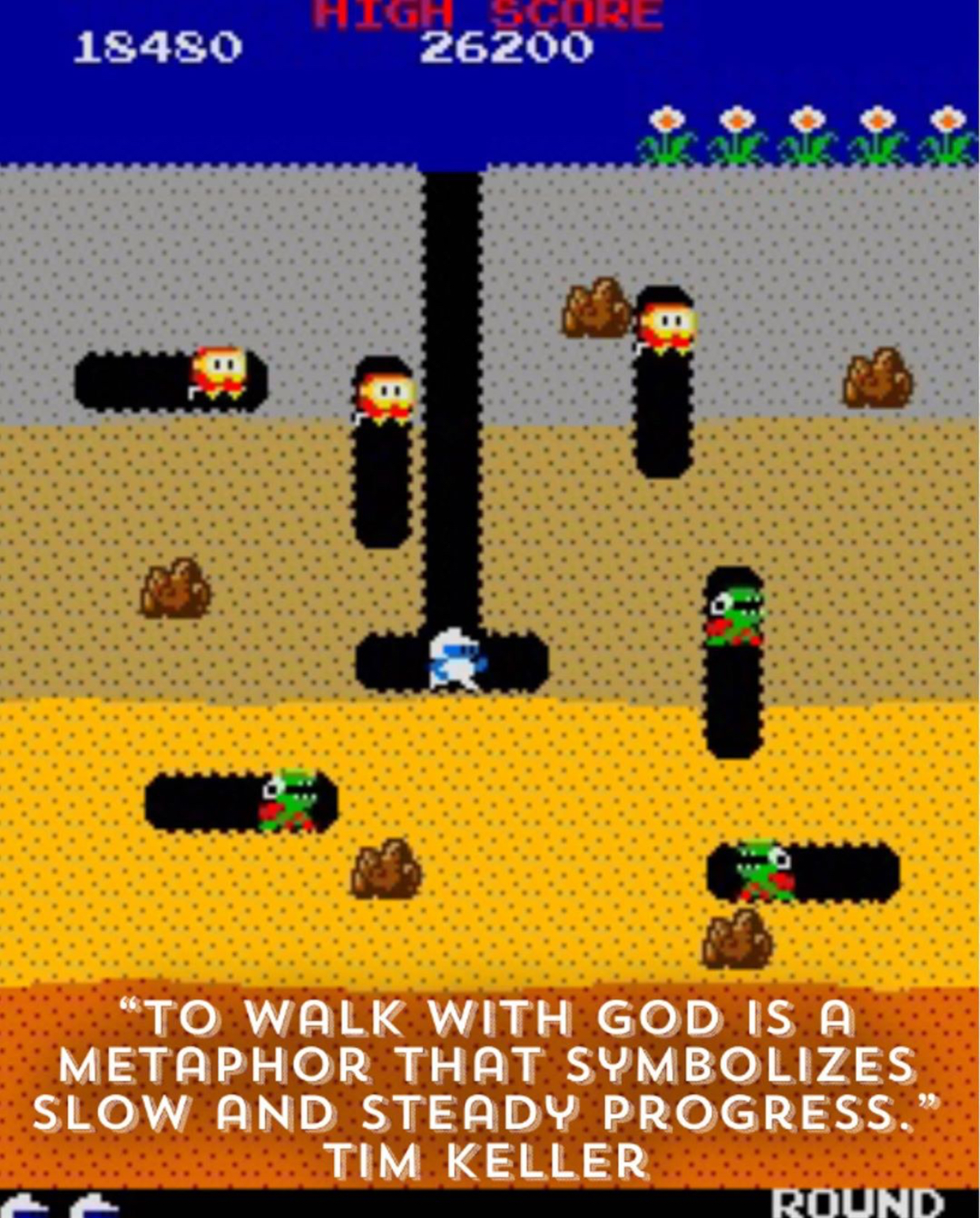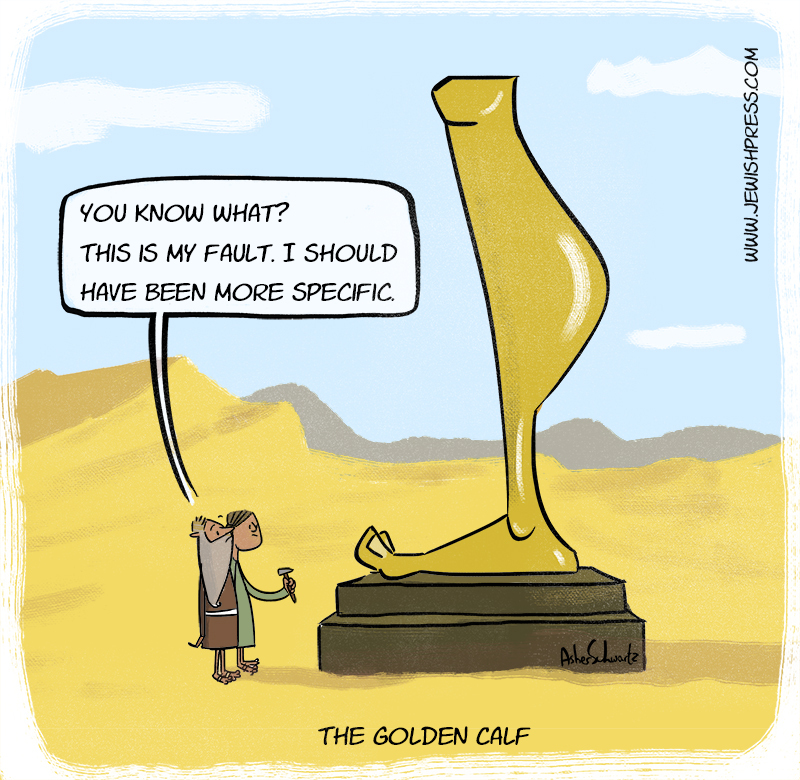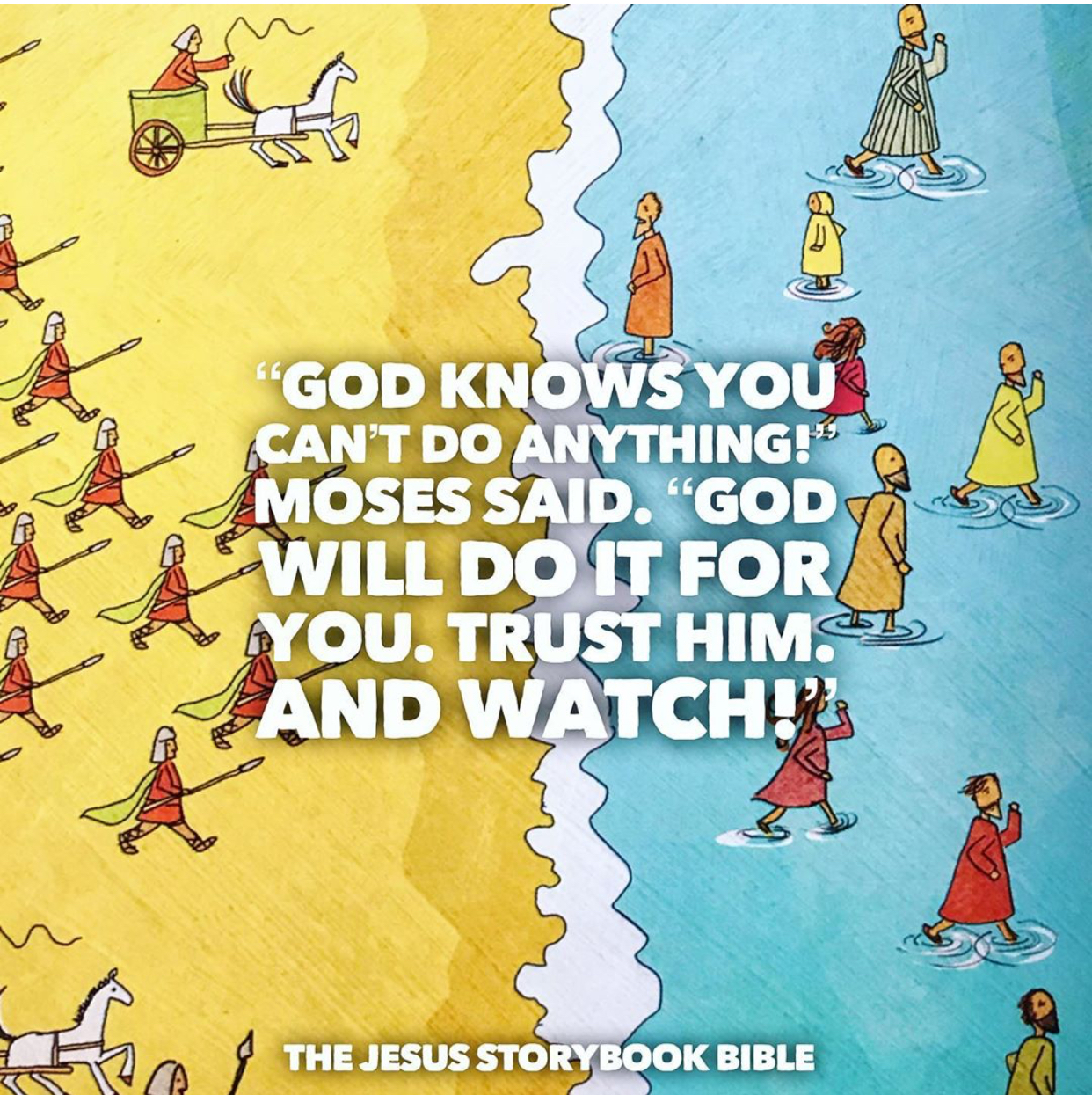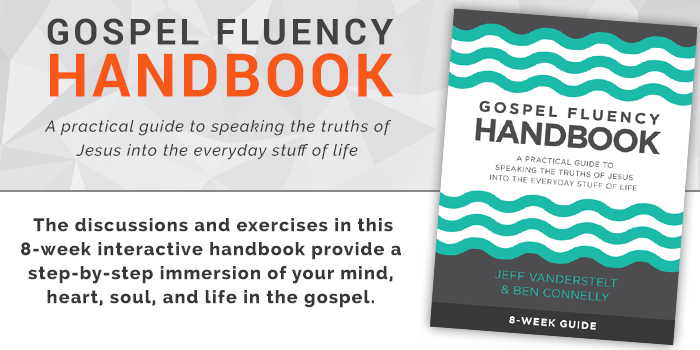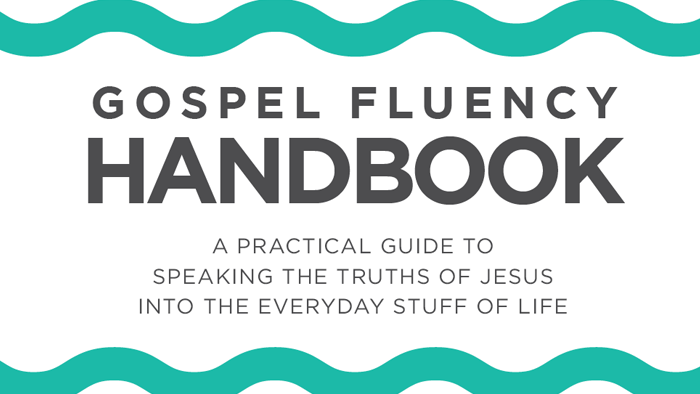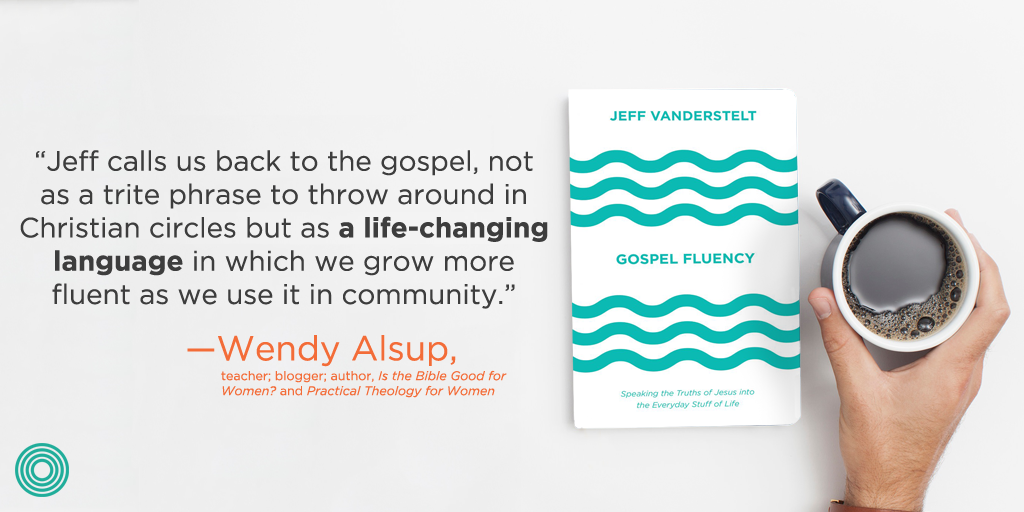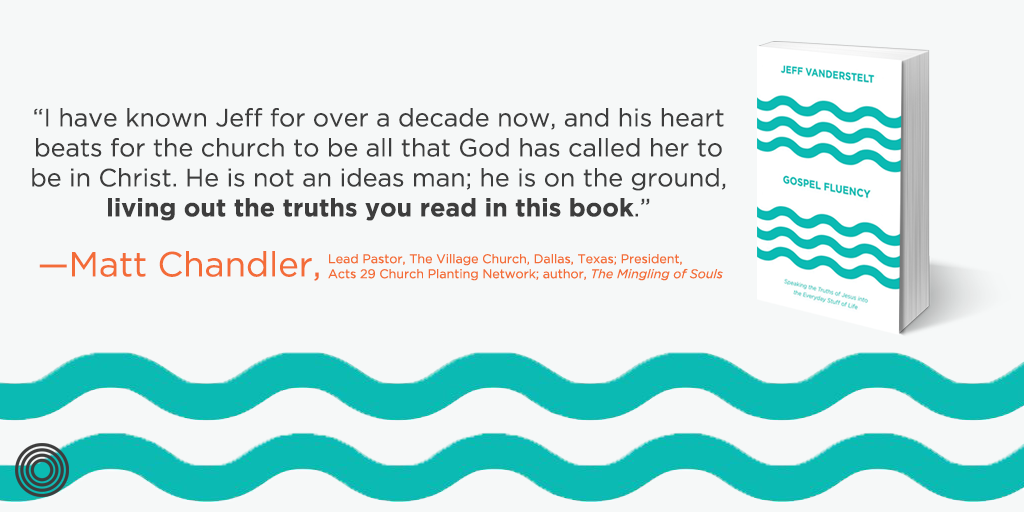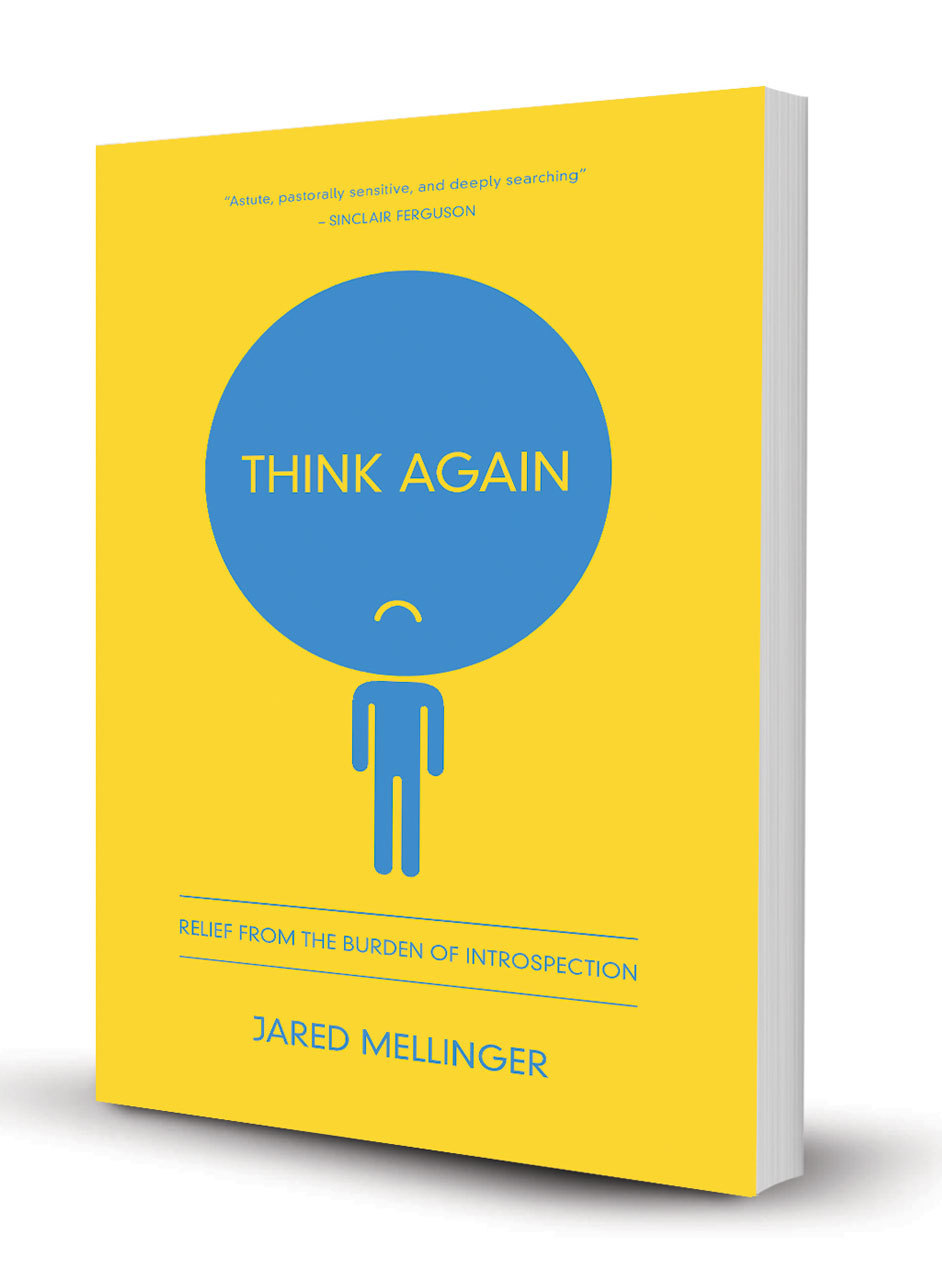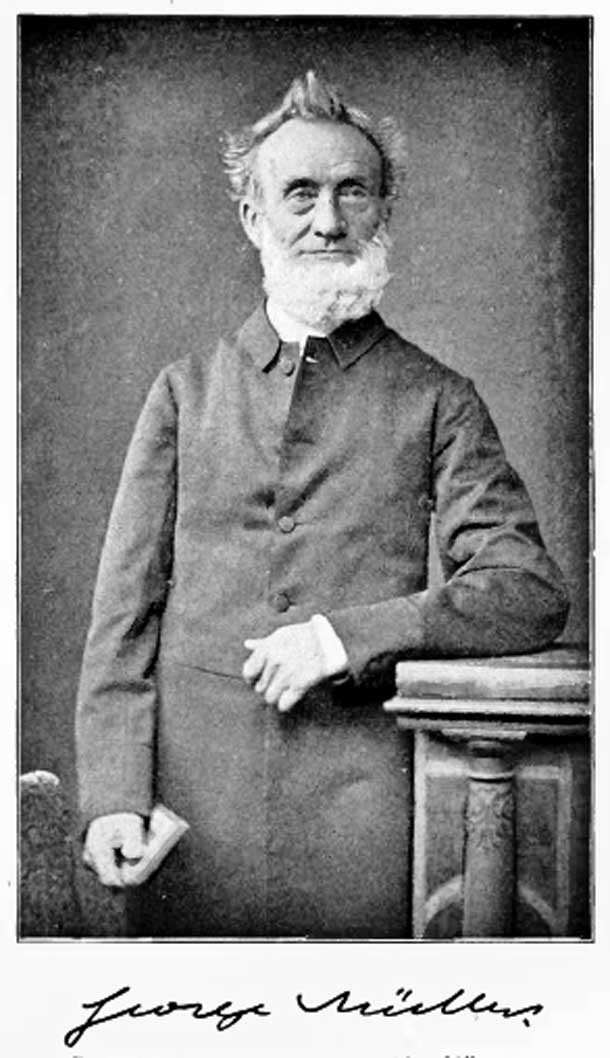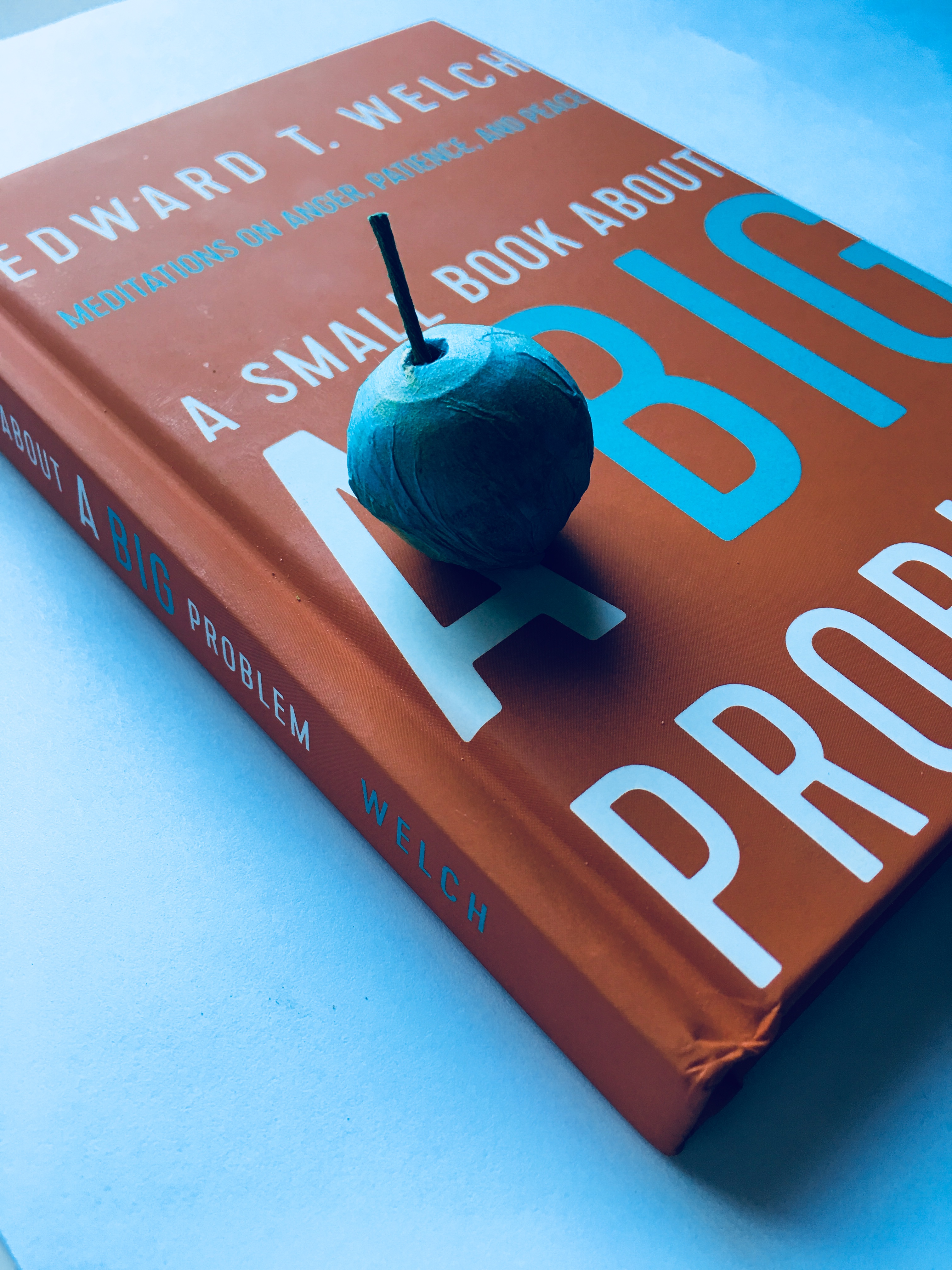
There’s a line in one of my favorite songs (“Pitseleh”) by the late Elliott Smith that goes like this:
I’m not half what I wish I was
I’m so angry
I don’t think it’ll ever pass
And I was bad news for you just because
I never meant to hurt you
As I read Ed Welch’s new book A Small Book about a Big Problem: Meditations on Anger, Patience, and Peace, I thought a lot about these lyrics. They are true of me. I’m not half the man that I wish I was because I still struggle with anger. I wish that I didn’t, but I do. And there are days when I get so angry that I don’t think it will ever pass (I have 6 kids, does that get me off the hook?). And because I still struggle with anger, I can be “bad news” for those closest to me, even though I never mean to hurt anyone with my words.
So I am going to assume that you struggle with anger too. Every human being does. As Ed says on page 1, “To be human is to get angry.” Some of us explode and the whole world sees it when we get angry. Just as Elliott Smith sings in another song (“Bottle Up and Explode!)-
Bottle up and explode over and over
Keep the troublemaker below
Put it away and check out for the day
In for a round of overexposure
Some of us try to bury our anger deep inside but we soon realize that anger is pretty good at resurrection. And when it finally gets released, we’re in for a round of overexposure as our hearts are revealed to all the people in our warpath.
And then some of us bury our anger so deep that we think it will never get out. But it does. Not with explosions. It seeps out in subtle ways, subtle comments. So the bottom line is that every human being struggles with anger, whether you’re good with a shovel or lighting fireworks. And as this little book points out, anger destroys. That alone should be reason for you to pick this book up. We may not mean to hurt others, but our anger does.
If anger has its way, it will lead to murder. Puritan pastor and theologian John Owen said something like this over 300 years ago:
Sin aims always at the utmost; every time it rises up to tempt or entice, if it has its own way it will go out to the utmost sin in that kind. Every unclean thought or glance would be adultery if it could, every thought of unbelief would be atheism if allowed to develop. Every rise of lust, if it has its way reaches the height of villainy; it is like the grave that is never satisfied. The deceitfulness of sin is seen in that it is modest in its first proposals but when it prevails it hardens mens’ hearts, and brings them to ruin.
Every sin wants to go to its utmost, so if anger could have its way, it would grow up and become murder. What does anger want to be when it grows up? MURDER. And that means that there’s a murderer inside everyone one of us. This is exactly what Billy Corgan of the Smashing Pumpkins sings about in their song “Disarm”-
The killer in me is the killer in you
And that’s exactly what Jesus said about all of us in Matthew 5:21-22. Listen to how Ed describes it:
You see where Jesus is going. Jesus has just enlarged the boundary of murder so that it includes all kinds of anger… Jesus is putting casual name-calling within those same murderous boundaries… Welcome to the band of murderers. Why is Jesus so hard-hitting on this? Anger destroys. Jesus wants life for us all. And we can’t turn toward life until we see the murderer who lurks within. Try this identity: murderer. p.18-19
Ouch.
I’ll be honest with you. This book comes out swinging. Ed pulls no punches, in fact many times the words would leap off the page and punch me in the gut. The Biblical word for this is conviction. It’s the loving ministry of the Holy Spirit. But I trust Ed, as I’ve benefited from his books and articles through the years, so I let him get in a few shots knowing that he did not desire to hurt me with what he was saying. His goal is healing. And I need that.
In a way, this book does what it is supposed to do. It follows that wonderful pattern of law and then Gospel. Ed shows us our sinfulness and then he points us to our Savior. So if you struggle swallowing the bad news, hang in there ‘cause the good news is on its way and it goes down easy.
Here are a few quotes that really stuck with me:
A definition of anger includes this: anger specializes in indicting others but is unskilled at both self-indictment and love. p.11
Wisdom is anger’s opposite. p. 26
Anger is not something that comes upon us when an offence is committed. Anger is already in us. In its embryonic from we call it desire… anger is in us. It just takes the right occasion to bring it out… Anger comes from within, and the stuff is rancid. p.29
Anger lodges in us. It comes home, kicks off its shoes, plants itself in front of the TV, and expects to stay. It doesn’t even look at you when you tell it to leave. p. 35
…humility is not owed anything. p. 61
God’s kingdom is the world’s opposite. It runs on humility. p. 66
Asking forgiveness is anger’s opposite. p. 75
Psalms is the longest book in Scripture. Its basic message is: talk to the Lord. p. 84
Anger looks like Satan… and it summons him. p.87
Wow! Isn’t that last one good? I could add plenty more but I want to whet your appetite so you’ll go and pick this book up.
I highly recommend this book. These 50 short, daily devotions are as short as your fuse and they will help turn your eyes away from you and your little kingdom. And by the time you get to the end of the book, you’ll love Jesus more and hate sin more. Who doesn’t want that?
One thing that I truly love about this book is the way that Ed Welch writes. He uses clever turns of phrases that catch your attention and make you look at truth from a different angle. His own words are like “mini-Proverbs” and would easily fit into your status updates, tweets, etc. I love that about this book. Certain phrases and sentences made me put the book down and think about a concept for an extended period of time. To me, that makes for a great book. Good books make you stop and reflect. And Ed does not disappoint with A Small Book About A Big Problem.
But what I want more than anything in a good theological book is to see Jesus again and to love Him more. I want to put the book down knowing that He will never leave me nor forsake me, even though I still struggle with sin. This small book about a big problem does just that. It diagnoses the problem of anger but then points you to your Redeemer so you can have hope. Ed reminds us that anger does not have the last word over our lives. Jesus does. Mercy does.
Sometimes I don’t believe that mercy has the last word over my life. I’m a pastor and I still get angry and I think that my identity is wrapped up in my sin and failures. Some days I think the thesaurus should include my picture alongside these words:
lose one’s temper, become enraged, go into a rage, go berserk, flare up; INFORMAL go crazy, go bananas, hit the roof, go through the roof, go up the wall, see red, go off the deep end, fly off the handle, blow one’s top, blow a fuse/gasket, flip out, have a fit, foam at the mouth, explode, go ballistic, go postal, flip one’s wig, blow one’s stack, have a conniption.
Some days I feel like my picture belongs with those words. Maybe you do too? If you’re a disciple of Jesus and you feel like the previous words are your identity, let me comfort you now and let you know that this is the banner that hangs over your life:
Jesus can’t remember your sins.
Jesus can’t remember your sins (Hebrews 8:12). He can’t remember your anger. Because you are in union with Him, He can’t remember all those times when you blew your stack and flew off the handle and went bananas. That’s good news. So walk in that freedom today. And then walk or drive or fly to the nearest store and pick this book up. Or, you can order below.
To learn more about Ed or to purchase his book:
http://stores.newgrowthpress.com/a-small-book-about-a-big-problem/
http://litfusegroup.com/author/ewelch
Follow the conversation on Twitter:
@litfuse
@NewGrowthPress
@ccef
* I was given a complimentary copy of this book in exchange for writing this review.



